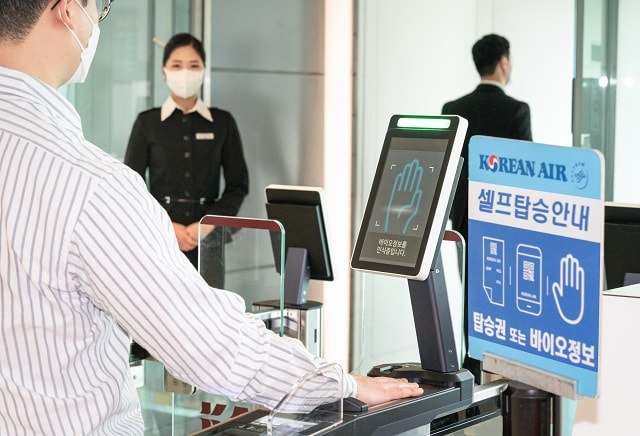The Omicron outbreak and the fragmented travel restrictions in response to the new variant have negatively impacted Europeans’ travel confidence at the beginning of 2021. However, travel sentiment across Europe shows more resilience, with signs of optimism for the early summer months. This is according to the latest research on Monitoring Sentiment for Domestic and Intra-European Travel – Wave 10 by the European Travel Commission (ETC), which provides timely insights on Europeans’ short-term travel intentions and preferences during the Covid-19 pandemic.
1. New wave of uncertainty caused by Omicron spread
Due to the disruption brought about by the Omicron variant on Europe’s travel environment, Europeans are once again battling uncertainty when it comes to travel. Newly introduced restrictions and requirements, even for vaccinated or recovered travellers, hampered Europeans’ readiness to travel (-8%) and has left many unsure about the timing of their next trip. Fragmented policies across Europe towards the validity period of the EU Digital COVID certificate for national use also undermined its role as a tool to facilitate travel (down 11% from September 2021). Furthermore, an increasing number of Europeans believe that strict health protocols in destinations have a direct negative effect on their travel experiences.
As a result, Europeans are avoiding making concrete plans and bookings. For instance, hesitation on when to travel has increased from 11% in September 2021 to 21% in December. 36% of ‘early bird’ travellers plan to embark on holidays in May or June 2022, and only 17% of them have fully booked their next trip.
2. Signs of optimism for early-summer vacations and business travel
Nonetheless, more than half (61%) of Europeans remain optimistic about travelling between January-June 2022, demonstrating continuous resilience in spite of disruption caused by Omicron. Intra-European trips remain the preferred choice for 50% of ‘early bird’ travellers.
The intention to stay longer and spend more while at their chosen destination is another positive trend amongst travellers. This correlates to a growing desire for trips in early summer. Preference for journeys of over 10 nights surges by 38% compared to the previous survey, while the share of travellers planning to spend more than 2.000 euros grows by 31%, specifically among those with travel plans in May or June 2022.
Leisure travel remains the top choice for 63% of ‘travel-ready’ Europeans. At the same time, business travel is also showing signs of improvement for the first time since autumn 2020. Over the next months, 15% of respondents expect to travel for business or participate in events and conferences.
3. Last-minute bookings as travellers look for enhanced flexibility
In the short and mid-term, Europeans expressed a desire to see a healthy balance between Covid-19 protection measures and the ability to enjoy themselves while travelling. Quarantine measures remain a major concern to travel around Europe (18%), followed by the rising Covids-19 cases at the destination (15%) and potential changes in travel restrictions (14%). To realise their winter and spring travel plans, Europeans count on vaccination (14%), on flexible cancellation policies (11%), on destinations’ effectiveness in managing COVID-19 (10%), and fully lifted restrictions (9%) as key drivers to travel.
Even though Europeans are eager to travel, they are delaying the booking process in the hope of enjoying more freedom and mobility later. Thus, trip planning is prolonged, and the booking window is broadened: 4 out of 10 have chosen their destination but have not yet booked, while only 19% have partially booked transportation or accommodation for their next trip.













